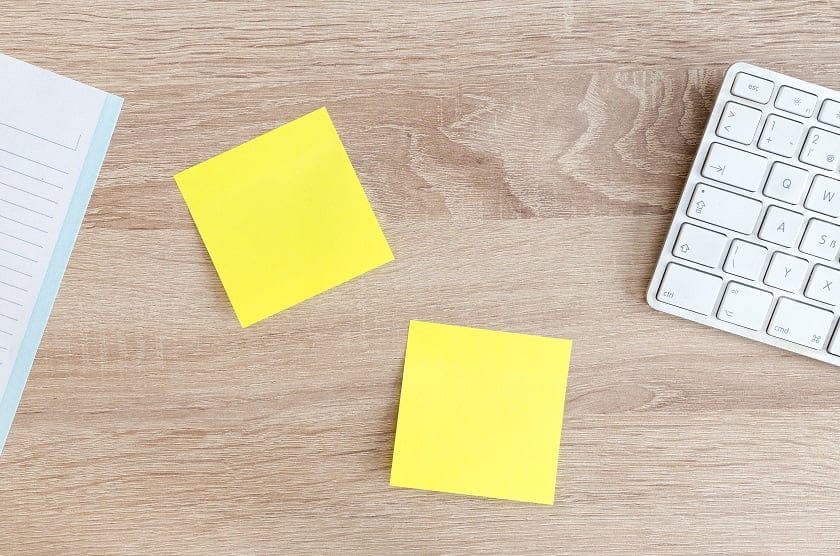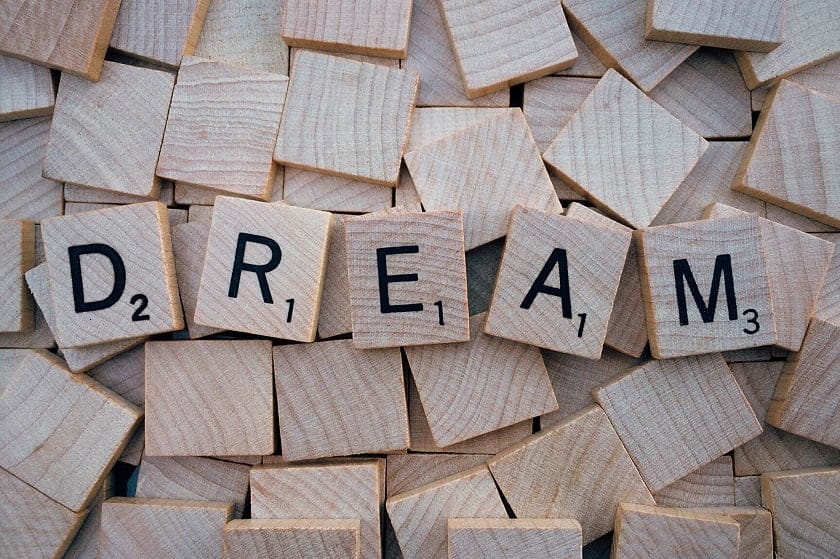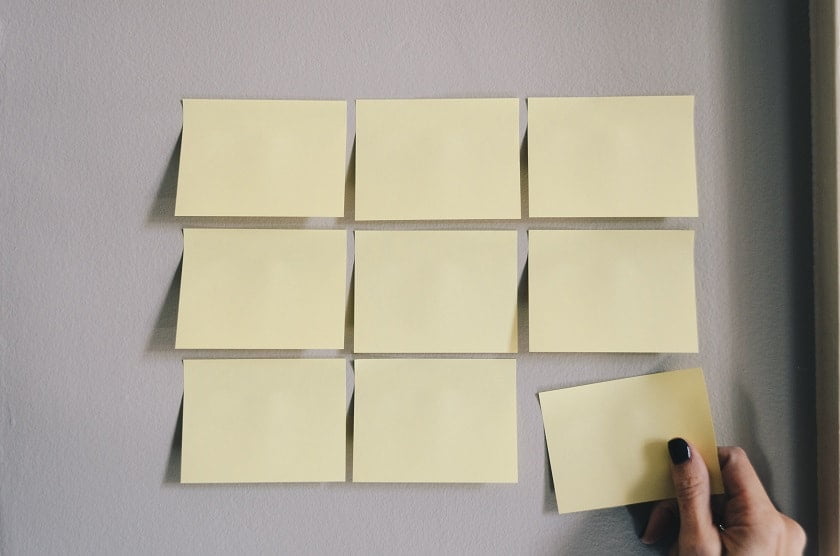The secret behind how your memory works
Are you familiar with what is a memory and how it works? The majority of people tend to think that you are born either with or without a good memory. But according to scientists and experts, this is not the case. Memory is defined as a concept that relates to a process through which people are able to acquire, store and retrieve an immense amount of information in different forms such as pictures, words, sounds, etc. It is a sum of processes, which can be controlled by us. Memory is a mental skill, which can be improved through training and practice. There are different memory improvement techniques, which can help us develop and improve our memory skills.
Memory has a very important role in our lives. In particular, it helps us to remember things from the past – memories which allow us to act in the present and prepare for the future. Without memory, we won’t be able to remember what happened yesterday, what we did today, and what we are planning to do tomorrow.
Memory is a complex process that encompasses three mechanisms that are essential for the manner in which information is processed: encoding, storage, and retrieval.
- Encoding
Encoding is the first phase of the memory process. The term refers to the new information we acquire and place into our memory. The process of encoding incoming information and putting it into memory gives us the possibility to remember new things. If new information is not encoded, we won’t be able to remember it. There are two types of encoding which are: automatic – when we naturally put information into memory and effortful – when we need to make an effort to place the information into memory.
- Storage
Storage is the second phase of the memory process. This phase allows us to preserve the encoded information in our memory for a certain period.

The storage is divided into three systems of memory storing which are: sensory memory, short term memory, and long term memory.
These memory systems differentiate from each other in terms of the time of memory conservation. The period of time in which memory can be preserved could vary from seconds to years.
- Retrieval
The last phase of the memory process is called retrieval. It describes the process of accessing the previously encoded and stored information and getting it out of our storage. There are two ways of accessing memory, which is recognition and recall. Recognition is associated with a previously experienced event and it occurs when we are comparing new information with stored information. In fact, it refers to recognizing something that is experienced in the past, based on a trigger. On the other hand, recall means being able to remember something that is physically absent at any time when is required, without triggers.
Effective methods for improving your memory
Like any other mental skill, memory as well can be trained and improved. Two practical methods for improving memory are association and imagination.
Association includes connecting two things that may be events, objects, faces, etc. Practically, the association can help in remembering something by linking it with something else. This technique for improving memory can be of great help since it allows us to remember new information by putting it into memorable context. When you attach new information to memorable things, you can easily create a better memory of the fresh information. For the practice of association is important to know that the more familiar and personal the association, the bigger the chances of remembering things.

In comparison, imagination is a method for improving memory that includes linking two things but in an imaginary way. If association involved remembering something by associating it with something else that is usually familiar to us, imagination involves attaching new information to imaginary things, such as pictures, stories, etc.
The impact of mind mapping on your memory
Mind mapping is a technique that is used for generating, structuring, and presenting ideas and thoughts, as well as for studying and organizing new information.
Mind maps are usually created around a specific concept or idea that is visually presented as a central key element. This particular topic, later on, branches out in order to present close relationships with a broad range of ideas. In mind mapping is possible to use words, images, and symbols so that an idea or a concept is better understood and memorized.
The technique of mind mapping is easy for understanding and is great for practicing as it stimulates us to visually present numerous things. Namely, we can use mind maps for personal and business goals, individually or in a group.
One thing that makes mind mapping particularly useful is the benefit that it has for the memory process. As a matter of fact, mind mapping can improve our memory because can involve association and imagination as part of the process of creating a map. What does this mean?

Association and imagination can facilitate the generation and presentation of ideas. For example, when it comes to studying, we can use a particular word association to link it to new information. This way we will make the new material easy to remember. So, later on, when we would want to compose a mind map on a specific subject we studied we will have the chance to use the association for a better presentation of the new knowledge. On the other hand, imagination is the ideal way of illustrating unknown concepts with the use of visual elements.
By explaining how memory works and how it can be improved, it could be stated that memory and mind mapping have many things in common. Particularly, both association and imagination can be used when creating mind maps and improving the memory process. By including words, images, colors, and branches, the mind map helps the map-maker to place information into memory.
In conclusion, mind mapping encourages the implementation of association and imagination, and accordingly, it improves the process of memorizing.
About the author

Kristina Gjorgievska, a content writer and translator. Eternal inspiration: magical Italy, Jim Morrison’s poetry, Bernardo Bertolucci’s timeless “Stealing Beauty”, the dynamic and meditative Ashtanga Yoga. You can connect with Kristina on LinkedIn.



